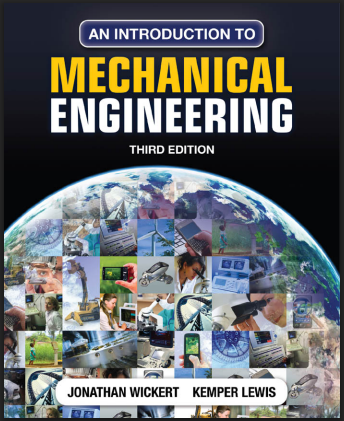MECHANICAL ENGINEERING
An Introduction to Mechanical Engineering pdf
An Introduction to Mechanical Engineering pdf
Mechanical Engineering is one of the oldest and broadest branches of engineering, dealing with the design, analysis, manufacturing, and maintenance of mechanical systems. It applies the principles of physics, mathematics, and material science to create systems and technologies that improve everyday life.
From engines and machines to HVAC systems and robotics, mechanical engineers play a vital role in shaping the physical world. Their work spans across industries, including automotive, aerospace, energy, biomedical devices, and manufacturing.
Core Areas of Mechanical Engineering
- Mechanics – The study of forces, motion, and deformation in materials and structures.
- Thermodynamics – Understanding heat transfer, energy conversion, and power generation.
- Fluid Mechanics – Analysis of fluid behavior (liquids and gases) in motion and at rest.
- Materials Science – Exploring the properties and applications of engineering materials.
- Dynamics and Control – Modeling and controlling the behavior of mechanical systems.
- Design and Manufacturing – Conceptualizing, modeling, and producing functional products.
Why Study Mechanical Engineering?
- Versatility – Mechanical engineers can work in diverse fields due to their broad technical foundation.
- Innovation – They are central to innovation in technologies like renewable energy, AI-driven automation, and sustainable manufacturing.
- Problem Solving – Engineers solve complex real-world problems using creativity, logic, and analytical skills.
- Career Opportunities – There is a global demand for mechanical engineers in both the public and private sectors.
Conclusion
Mechanical Engineering is a dynamic and impactful discipline that drives technological progress. By mastering its principles, students and professionals alike can contribute to building a more efficient, sustainable, and advanced world.

